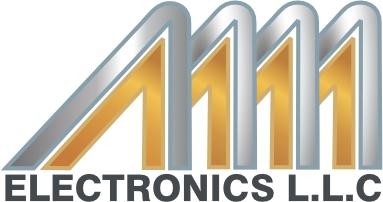Refractometers
Brands
Precision devices called refractometers are used to measure the refractive index of clear liquids, giving important details about their composition, concentration, or purity. These adaptable tools are widely used in a range of sectors and applications, including the food and beverage industry, pharmaceuticals, agriculture, the automobile industry, and chemical laboratories.
The essential characteristic of liquids that describes how light bends through them is their refractive index. The degree of light refraction is measured using refractometers, which enables the estimation of variables like sugar content, salt, concentration, or specific gravity. Refractometers enable quality control, process optimization, and product development in a variety of sectors by delivering quick and precise measurements.
In conclusion, refractometers are adaptable tools that deliver accurate readings of the refractive index of liquids, enabling the evaluation of many properties. They are crucial equipment for sectors that need precise and effective liquid analysis because of their small size, user-friendly interfaces, and variety of uses.
Features of Refractometers
- Measurement Principle
- Refractive Index Scales
- Simple Measurement Process
- Calibration
- Automatic Temperature Compensation

